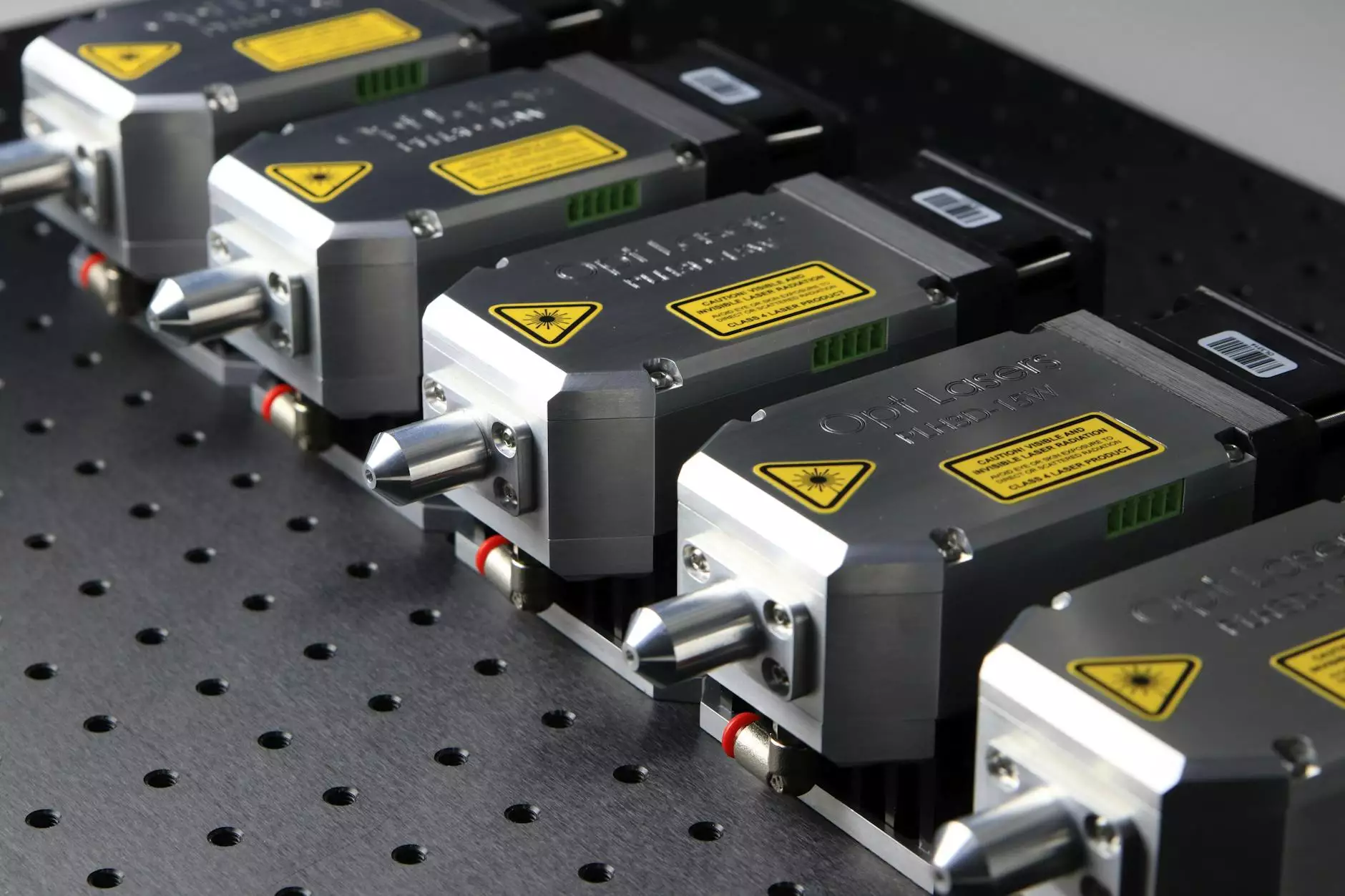Thyroid Cancer Treatment: Comprehensive Approaches to Overcome Challenges

Thyroid cancer is a significant health concern, being the most common endocrine malignancy. Understanding its treatment options is crucial for patients and their families. In this comprehensive guide, we will explore various aspects of thyroid cancer treatment, highlighting the latest advancements and therapeutic approaches.
Understanding Thyroid Cancer
The thyroid gland produces hormones that regulate metabolism, heart rate, and other vital functions. Thyroid cancer occurs when cells within the thyroid grow uncontrollably. It is essential to recognize early symptoms, as timely diagnosis and intervention can significantly enhance outcomes.
Types of Thyroid Cancer
- Papillary Thyroid Carcinoma: The most prevalent type, known for its slow growth and excellent prognosis.
- Follicular Thyroid Carcinoma: Typically more aggressive than papillary thyroid cancer, it can metastasize to distant organs.
- Medullary Thyroid Carcinoma: Arises from parafollicular cells; associated with genetic syndromes.
- Anaplastic Thyroid Carcinoma: A rare and aggressive form, often leading to poor outcomes.
Each type requires a unique treatment approach, shaping the overall strategy for management.
Key Factors in Treatment Selection
Choosing the right thyroid cancer treatment depends on various factors, including:
- Type of Cancer: Different variants necessitate tailored treatments.
- Stage: The extent of disease spread influences treatment recommendations.
- Patient’s Age and Health: Comorbidities can affect the choice of therapeutic interventions.
- Genetic Mutations: Certain mutations may indicate a need for targeted therapies.
Diagnostics and Staging
Accurate diagnosis involves a combination of physical exams, imaging studies, and laboratory tests. Common diagnostic tools include:
- Ultrasound: To identify nodules and analyze their characteristics.
- Fine-Needle Aspiration Biopsy (FNAB): To determine the nature of the nodule.
- CT or MRI Scanning: To assess the extent of the disease.
- Thyroid Function Tests: To evaluate hormone levels and gland function.
Comprehensive Treatment Options
Once diagnosed, the treatment strategy may involve one or a combination of several modalities:
Surgical Interventions
Surgery remains the cornerstone of thyroid cancer treatment. The primary surgical options include:
- Thyroidectomy: Complete removal of the thyroid gland, often necessary for advanced cancers.
- Lobectomy: Removal of a lobe of the thyroid, suitable for small papillary cancers.
- Central Neck Dissection: Removal of lymph nodes in the central neck area if there is suspicion of metastasis.
Post-operative care is critical, including hormone replacement management for patients who have undergone total thyroidectomy.
Radioiodine Therapy
This treatment is particularly effective for differentiated thyroid cancers (papillary and follicular). It involves:
- Administering radioactive iodine-131: To target and destroy remaining cancerous thyroid cells.
- Post-therapy precautions: Following treatment, patients may need to adhere to specific safety guidelines to minimize exposure to others.
External Beam Radiation Therapy (EBRT)
For patients with aggressive or recurrent thyroid cancers, EBRT may be recommended. It involves:
- Targeted radiation: Delivered in precision doses to the tumor site.
- Managing side effects: Common side effects include skin irritation and fatigue, which should be addressed proactively.
Targeted Therapy Options
Emerging targeted therapies have revolutionized the approach to managing advanced thyroid cancers. These drugs focus on specific molecular targets associated with tumor growth. Examples include:
- Vandetanib: Used for medullary thyroid carcinoma with specific genetic mutations.
- Lenvatinib: Approved for advanced papillary and follicular thyroid carcinoma.
- Cabozantinib: Targeting multiple oncogenic pathways.
Hormonal Therapy
After thyroid cancer treatment, particularly surgery, patients may require lifelong thyroid hormone replacement therapy. This approach serves to:
- Regulate Metabolism: Ensures normal metabolic function post-surgery.
- Suppress Thyroid Stimulating Hormone (TSH): Helps prevent cancer recurrence by keeping TSH levels low.
Emotional and Psychological Support
The journey through thyroid cancer treatment is not solely physical. Emotional and psychological well-being plays a pivotal role in recovery. Patients may consider:
- Counseling Services: Working with a mental health professional can help navigate feelings of anxiety and fear.
- Support Groups: Connecting with other thyroid cancer survivors provides a sense of community and shared experiences.
- Mindfulness and Relaxation Techniques: Incorporating practices like yoga and meditation can improve mental health.
Living Beyond Thyroid Cancer
Survivorship extends beyond treatment. Patients are encouraged to:
- Regular Follow-ups: Continuous monitoring through clinical evaluations and scans is vital for early detection of recurrence.
- Healthy Lifestyle Choices: A balanced diet, regular physical activity, and avoiding tobacco can contribute to overall health.
- Engagement in Survivorship Programs: Many healthcare institutions offer workshops and resources for survivors to thrive post-treatment.
Conclusion
Understanding and navigating the complexities of thyroid cancer treatment can empower patients and their families. The landscape of treatment continues to evolve with research and clinical advancements. By collaborating with healthcare professionals and utilizing available resources, patients can approach their journey with hope and resilience.
As you embark on this journey, rest assured that with the right information and support, there are many avenues available to effectively manage thyroid cancer and lead a fulfilling life post-treatment.









